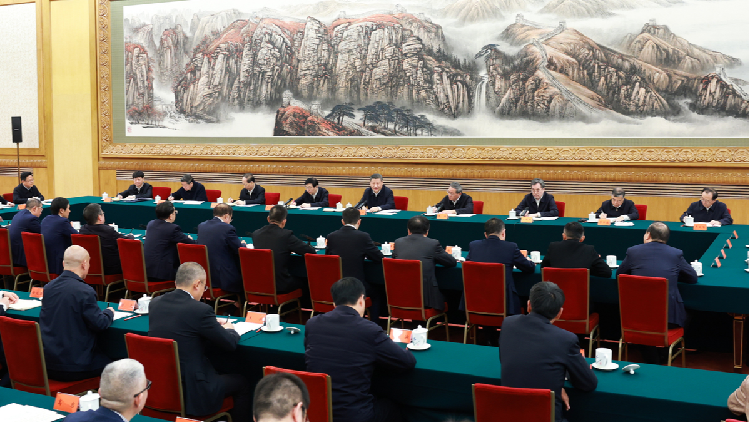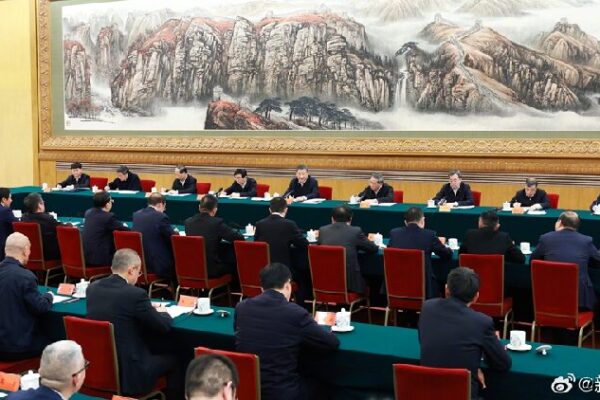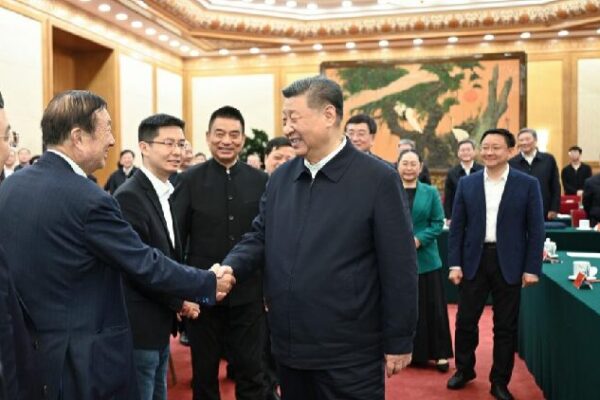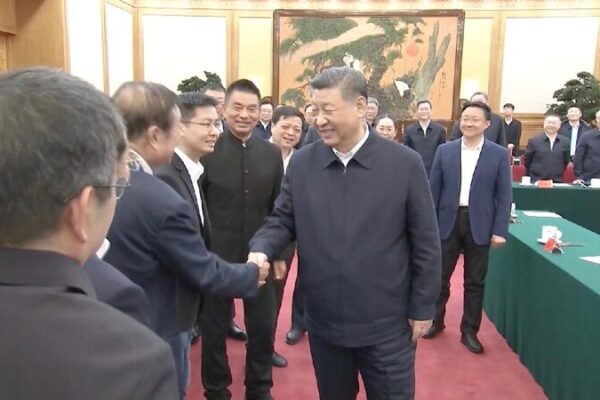China’s President Xi Jinping recently emphasized the vital role of private businesses in shaping the nation’s economic future. Speaking at a symposium in Beijing on Monday, he highlighted the “broad prospects and great potential” of the private sector in the new era, urging entrepreneurs to seize the prime time to showcase their capabilities.
For over 40 years, since China began its economic reforms, private enterprises have been at the heart of innovation, job creation, and economic growth. They contribute more than 60% of the country’s GDP, over 80% of urban employment, and account for more than 70% of technological innovation. These impressive figures illustrate why the government is focused on creating a supportive environment for private businesses.
In sectors like e-commerce, high-tech manufacturing, artificial intelligence, biotechnology, and renewable energy, private firms have been trailblazers. Their advancements have not only propelled China to become the world’s second-largest economy but have also strengthened its resilience against global economic challenges.
Despite some international speculation about a shift favoring state-owned enterprises over private ones, China’s approach remains nuanced. Recent regulations in areas like real estate, technology, and education aim to address systemic risks and promote sustainable, inclusive growth—not to suppress private enterprise.
In fact, the private sector is expanding into new areas. The government is implementing policies to improve access to financing, protect intellectual property rights, and reduce operational barriers for small and medium-sized businesses. By the end of September 2023, China had over 180 million private economic entities, marking a significant increase from previous years.
China’s commitment to high-quality development relies heavily on the dynamism of its private sector. By fostering innovation-driven growth, digital transformation, and green development, private businesses are key to achieving the nation’s ambitions of becoming a global innovation leader.
The collaboration between the government and private entrepreneurs signals a pragmatic approach to economic development. By refining policies and maintaining open dialogue, China aims to create an environment where both state-owned and private businesses can thrive together. Rather than retreating, the private sector is being empowered to explore new opportunities in advanced manufacturing, the digital economy, and international trade.
Reference(s):
cgtn.com








